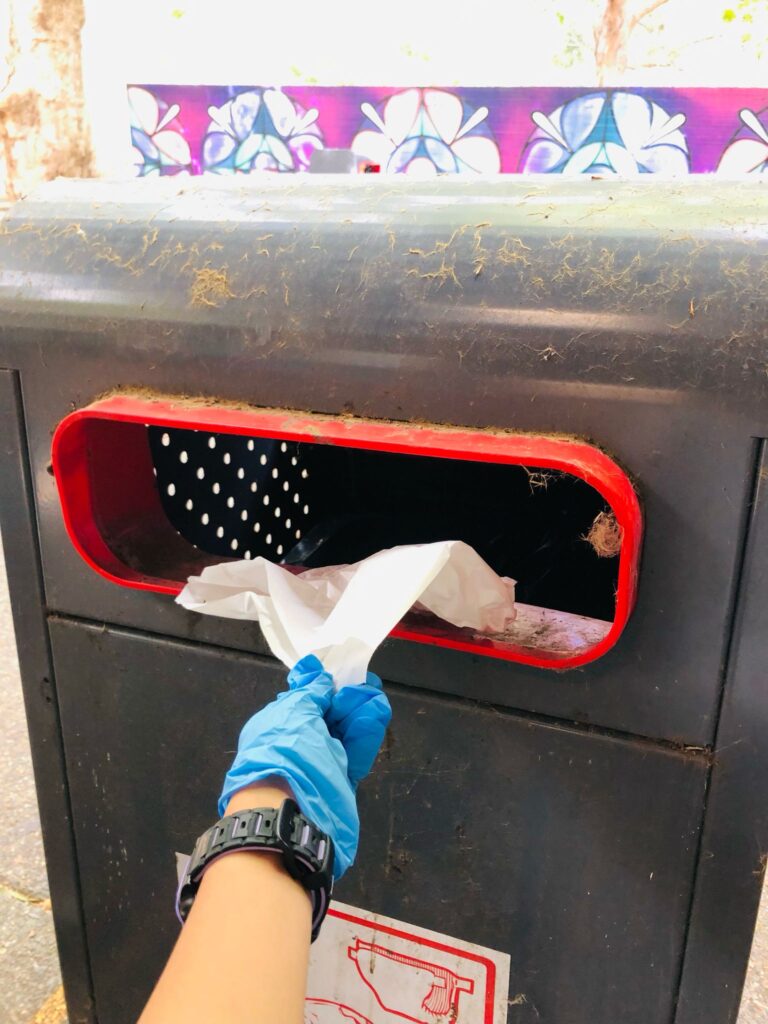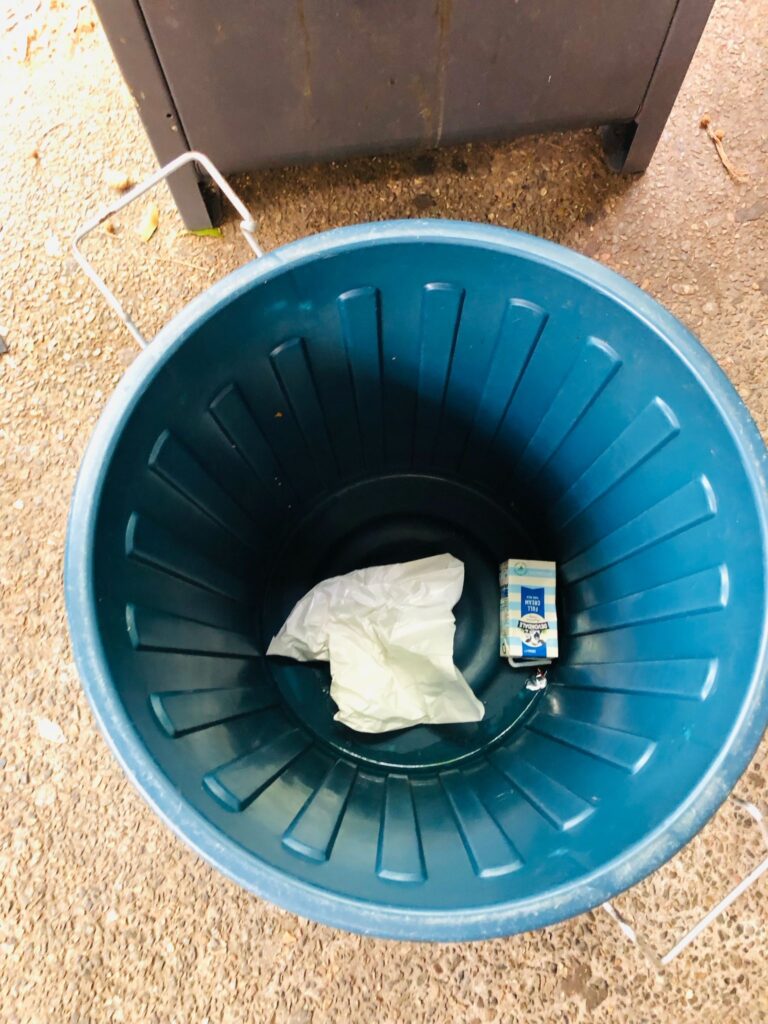
Compost More, Landfills Less

As a part of our ongoing effort to make the Fort more sustainable, we’re calling on everyone to take action in reducing waste and supporting the composting club.
What is composting?
Composting is the process of turning organic waste, like vegetables and food scraps, into nutrient-rich soil through decomposition. Instead of throwing these items into the trash, composting breaks them naturally, helping reduce the waste sent to landfill. This process also keeps harmful greenhouse gases like methane from being released into the atmosphere and creates soil that can be used in gardens to promote healthy growth.

Composting Dos and Don’ts poster by Akshaya Rameshbabu
How you can help:
- Use the composting bins: Look for the composting bins around the school and dispose of food scraps and compostable items there. They can be found in the Oval by the cricket court, at the entrance to the oval by the picnic benches, and by the canteen. All staff rooms have their own composting bin.
- No landfills in our bins: Remember to keep non-compostable waste out of the compost bin. Plastic items, metal objects, glass, food waste with packaging, animal products and tissues should not go in the compost.


- Contact the composting club: If you’re interested in getting involved in the composting club, email Ms Catalan angelica.catalan1@det.nsw.edu.au or join our google classroom: m5pgyky. We do not hold face-to-face meetings and all communications are done virtually. Composting students are rostered by the semester and are excused at the start of period 5 and are rewarded profile points.
Together we can reduce our waste and make the Fort more eco-friendly.
Thank you!
Article by Pranaya Prakash, 7M
Images by Ocean Reznikov

